The oppressors do not favor promoting the community as a whole, but rather selected leaders
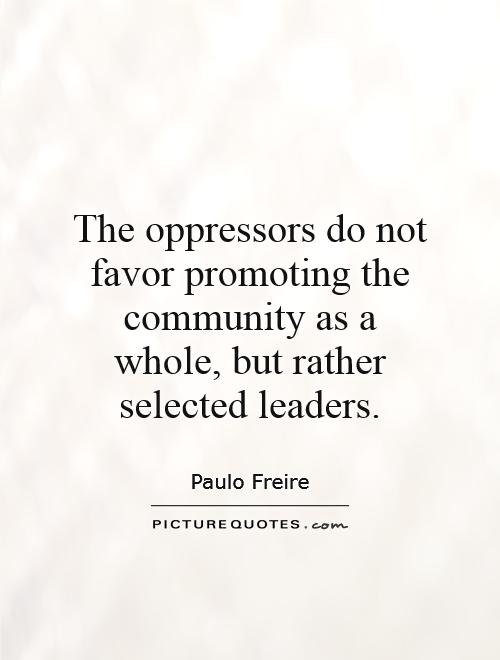
The oppressors do not favor promoting the community as a whole, but rather selected leaders
In the context of Paulo Freire's work on critical pedagogy and the concept of oppression, the idea that oppressors do not favor promoting the community as a whole, but rather selected leaders, is a central theme. Freire's seminal work, "Pedagogy of the Oppressed," explores the ways in which systems of oppression perpetuate themselves through the manipulation and control of individuals within a community. According to Freire, oppressors maintain power by dividing and conquering the oppressed, promoting a culture of dependency and compliance rather than fostering true liberation and empowerment.One of the key ways in which oppressors maintain control is by selecting and promoting certain individuals within the oppressed community to serve as leaders. These selected leaders are often co-opted by the oppressors, given privileges and benefits in exchange for their loyalty and compliance. By elevating these individuals to positions of authority, the oppressors create a false sense of progress and empowerment within the community, while simultaneously reinforcing their own power and control.
Freire argues that this strategy of promoting selected leaders serves to further entrench the systems of oppression, as it diverts attention away from the root causes of inequality and injustice. Instead of working towards collective liberation and social change, the focus is shifted towards individual success and advancement, perpetuating a cycle of exploitation and marginalization.
Furthermore, by promoting selected leaders, oppressors are able to maintain a facade of inclusivity and diversity, while continuing to uphold structures of privilege and inequality. This strategy of tokenism and co-optation serves to divide the oppressed community, pitting individuals against each other and undermining collective resistance and solidarity.
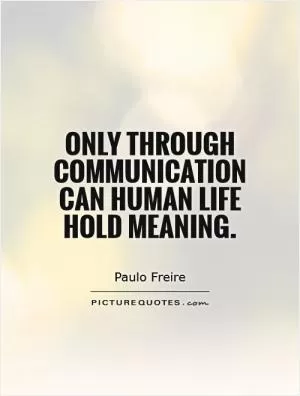
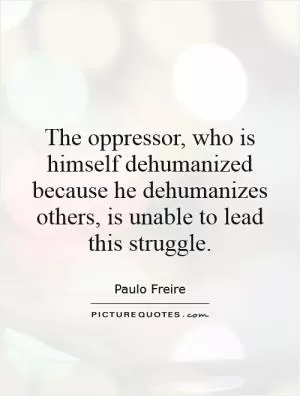
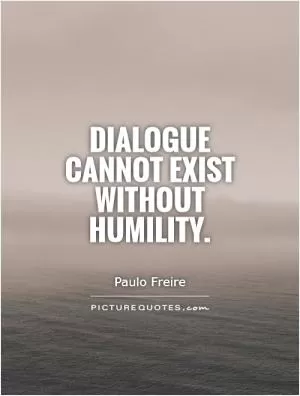
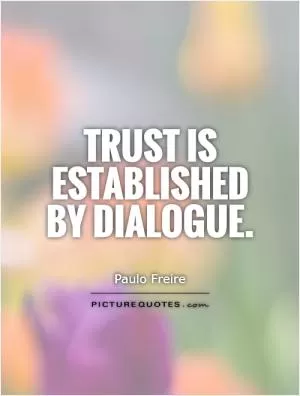
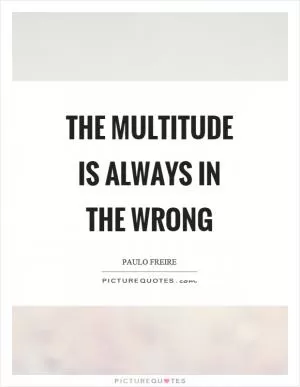
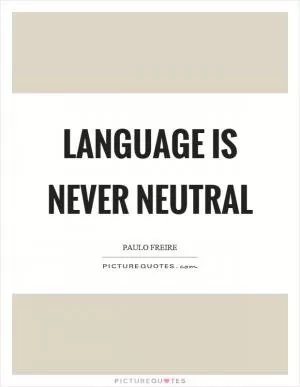
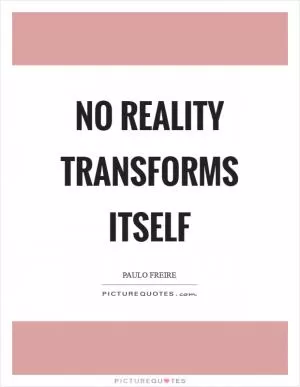
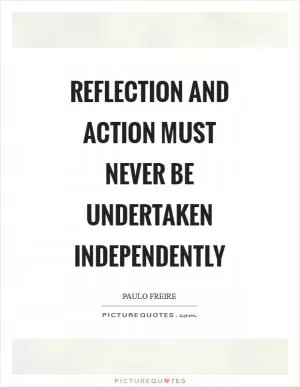
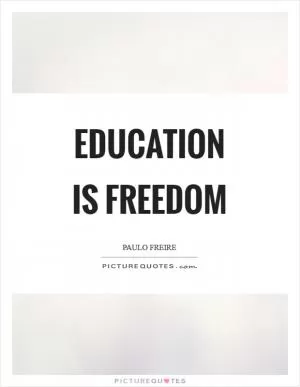
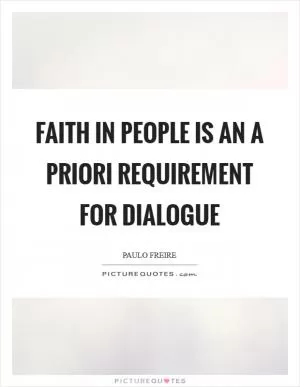
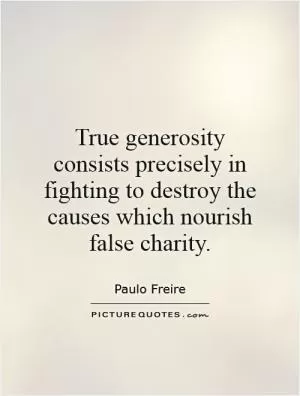
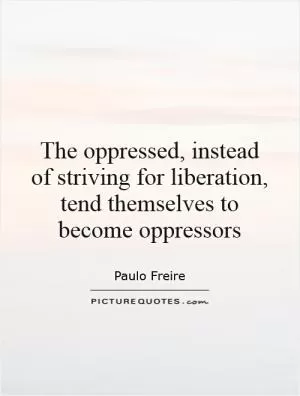
 Friendship Quotes
Friendship Quotes Love Quotes
Love Quotes Life Quotes
Life Quotes Funny Quotes
Funny Quotes Motivational Quotes
Motivational Quotes Inspirational Quotes
Inspirational Quotes